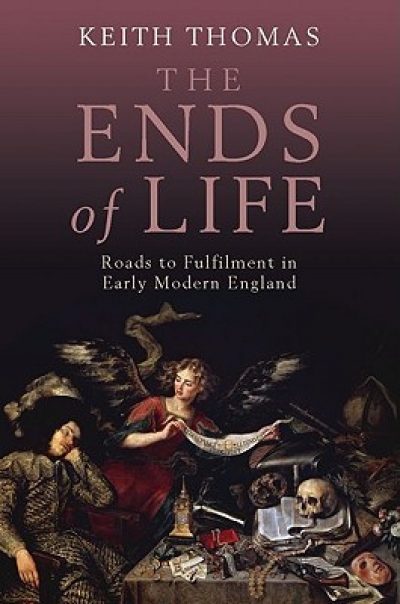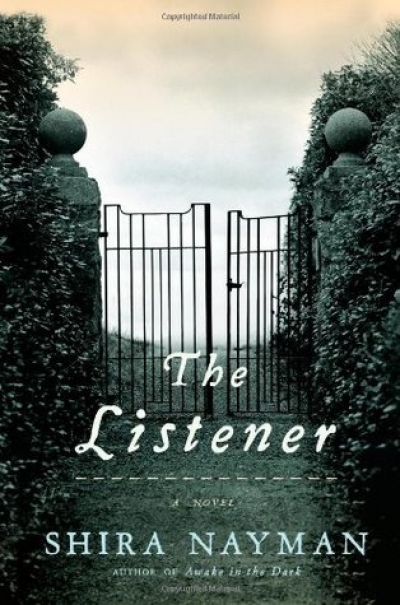March 2010, no. 319
Shira Nayman’s first novel is full of echoes and resonances. There may even be an echo of Bernhard Schlink’s The Reader. Set at more or less the same time, The Listener has the same immediate backdrop: World War II, its atrocities and aftermath.
Two years after the end of the war, Dr Henry Harrison – the narrator and listener of the piece – encounters a man who will become his most memorable case. Dr Harrison is the director and chief psychiatrist of Shadowlands, a private mental hospital located at White Plains, not far from New York. The exclusive institution is grand, more of a country club than an asylum, with beautiful buildings, extensive woods and formal gardens. Inmates, though voluntarily committed, are known as ‘patients’, not the more egalitarian ‘clients’ or euphemistic ‘guests’ of the present day. Many of them are suffering from war neurosis, a condition that Dr Harrison has been treating for many years. During the war he was required to treat mentally disturbed or shell-shocked officers and to send them back, supposedly cured, to the front. This was to ‘staunch the wastage’, according to the army. Over time he has come to doubt the efficacy of this treatment. By researching complex cases such as that of Bertram Reiner, he seeks to refine his methods.





























